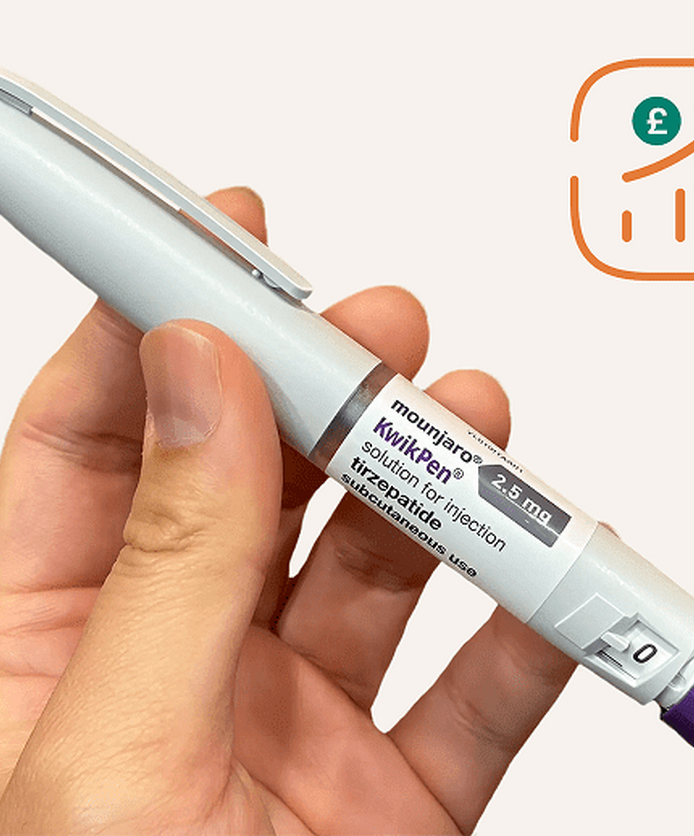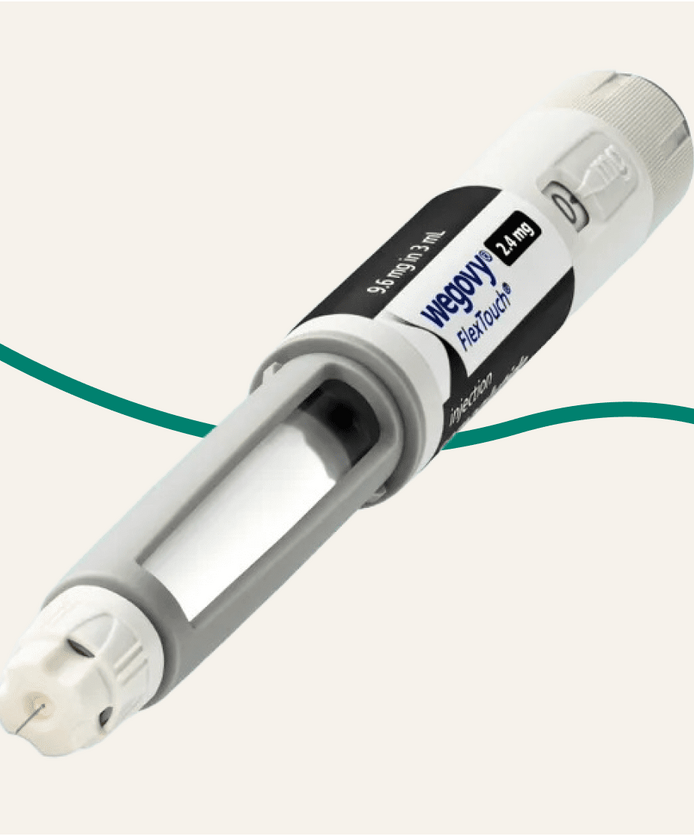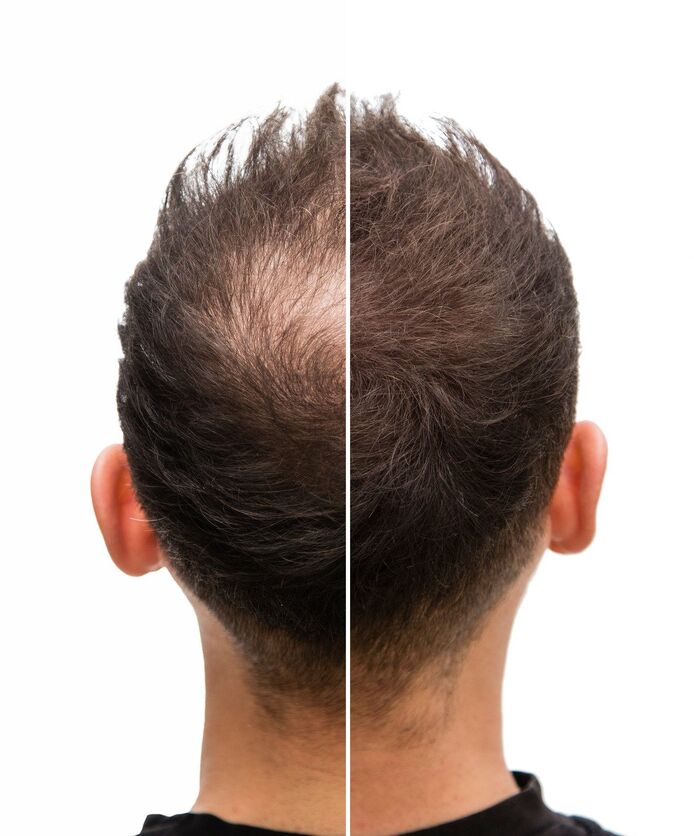How to maintain weight loss after Mounjaro

Weight loss medications can help you to lose weight where diet and exercise alone aren’t working, and Mounjaro is one of the most effective weight loss injections available today. But what happens once you reach your target weight?
In this article, we explain how Mounjaro works for weight maintenance and how you can ease the transition to maintaining your weight without medication.
What is the maintenance dose of Mounjaro for weight loss?
When you start taking Mounjaro, you’ll begin at the lowest possible dose - 2.5mg per week. Over time, your dose will increase on a set schedule until you reach a maintenance dose - the dose that allows you to get satisfactory results without experiencing adverse side effects - but this can be different for different people.
For example, if you’re seeing results at 5mg per week, this may be your maintenance dose. Others may need a maintenance dose of 10mg or 15mg per week to see progress. Typically, you’ll use the lowest maintenance dose that works for you, as this reduces the likelihood of side effects.
But a maintenance dose is not the same as a dose that allows you to maintain your weight. A maintenance dose of Mounjaro will help you to continue to lose weight, so once you reach your target weight, you may consider stopping the medication altogether and move towards maintaining your current weight.
Can you maintain weight loss after stopping Mounjaro?
You may have heard that lots of people gain back their weight after significant weight loss. This can happen after you stop Mounjaro, which is why it’s encouraged to build long-term habits that will help you to avoid or limit weight regain.
So why is weight regain common after stopping Mounjaro? Well, the medication works by suppressing your appetite - it blocks the receptors for hormones that signal hunger to your brain. This allows you to focus on eating a healthy, balanced diet without food cravings getting in the way.
Once you stop taking Mounjaro, though, the medication can no longer suppress your appetite, and so your hunger and food cravings will gradually increase as the medication leaves your body. Having become used to the lower appetite caused by Mounjaro, you may find it difficult to stick to your healthier lifestyle now that you’re back to the cravings you had before you started treatment.
For that reason, it’s hard to keep weight off in the long term - hard, but not impossible.
If you want to stop Mounjaro, it’s important to speak with a healthcare professional who can give you personalised advice and recommendations. But in general terms, there are a number of things you can do yourself to make it less likely you’ll regain your lost weight.
Add more protein and fibre to your diet
Coming off Mounjaro can make your appetite increase, leading to an urge to eat more than you need to in order to compensate. However, sticking to the healthy diet habits you’ve built over the course of your treatment is essential if you want to maintain your weight.
To help with this, it can be helpful to be mindful about the kinds of foods you eat, not just how much.
Dietary fibre is known to increase feelings of satiety - it makes you feel fuller for longer - as well as having positive effects on cardiovascular health, gut health and your cholesterol levels. Similarly, protein helps to regulate your metabolism because it’s harder to digest than other macronutrients - so you’ll burn more calories digesting protein, which may help with weight maintenance.
Maintain a healthy exercise routine
Balancing calorific intake and expenditure is key, and in order to maintain your weight, you’ll need to burn roughly as many calories as you consume. To do this, it’s important to get 150 minutes of moderate exercise per week, or 75 minutes of vigorous activity.
Hopefully, you’ll have found ways to do this over the course of your Mounjaro treatment, and having a routine already in place can make it easier to stick to it once you stop the medication. Regardless, it can be helpful to build exercise into your routine - for example, by taking the stairs instead of the lift, walking to work and the shops or taking up a hobby that involves physical activity.
Top tip! Choosing activities that you enjoy makes it more likely that you’ll stick to your exercise habit in the long run.
Take note of your emotional health
For many people, emotional stress is a key trigger for overeating and underexercising, which can lead to weight gain if left unchecked. But that doesn’t mean you should chastise yourself if you have a bad day and miss your health goals.
We all have bad days. The important thing is to pick yourself back up and renew your dietary and exercise efforts so you can get back on track. Then, in the longer term, work on finding new coping mechanisms for stress and upset which allow you to regulate or soothe your feelings without compromising your hard work.
These new coping mechanisms can still help your weight maintenance efforts, though. This could mean:
- When stressed, taking a cool out period and going for a walk
- When upset, taking your mind off it by focusing on trying out a new healthy recipe
- When angry, burning off the extra energy by performing a high intensity exercise such as running.
At the end of the day, the techniques that work for you might not be the same as what works for others, and that’s okay. But it’s important to know that you can achieve weight maintenance and continue to enjoy the health benefits of losing weight after stopping medications like Mounjaro.

What to Do About the Mounjaro Price...

Does Propecia work?

Switching from Mounjaro to Wegovy:...

What are the side effects of Propecia?

What is Propecia?

